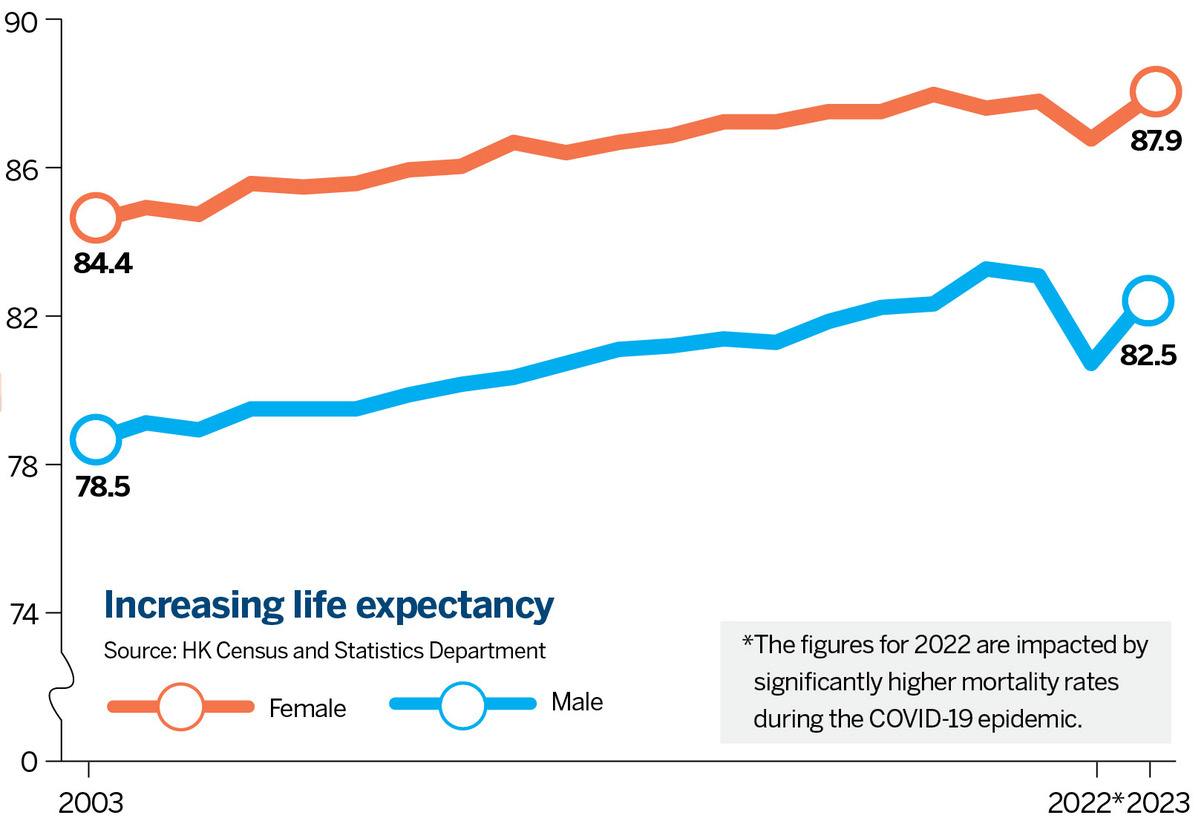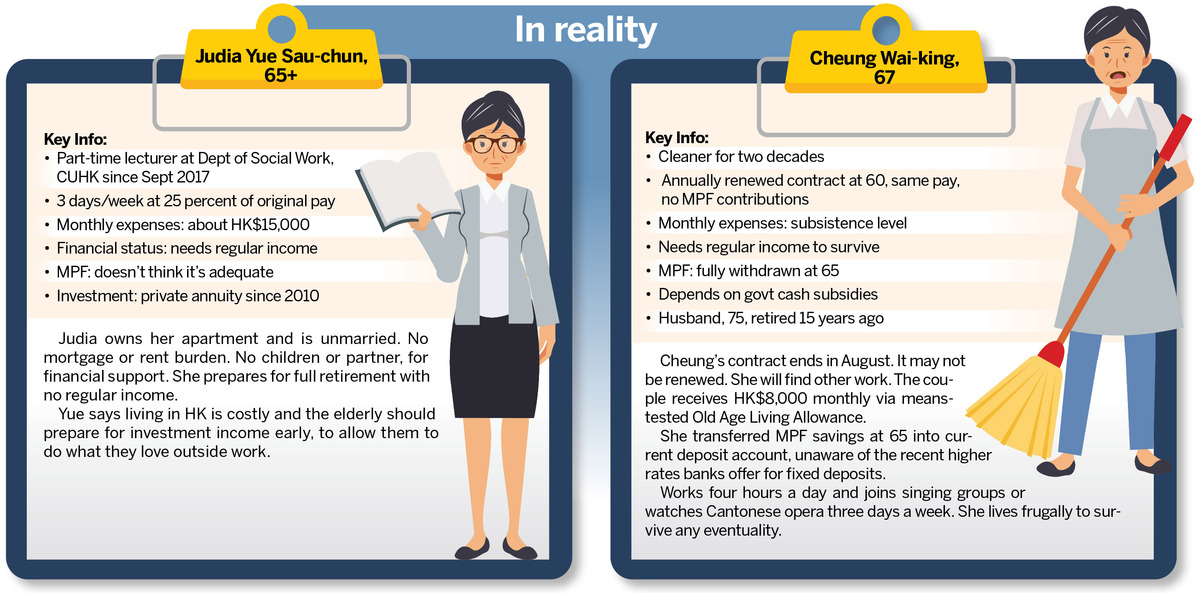Can the over 65s survive on MPF savings?

Retirement fund
The Mandatory Provident Fund (MPF) is a compulsory pension fund introduced by the Hong Kong Special Administrative Region government in 2000 to alleviate the looming social crisis. Chan Kar-choi, lecturer at the Department of Social Work, the Chinese University of Hong Kong, regards the city's MPF program as not fit for purpose. He points out that the MPF is tied to the volatility of the stock market, and contrasts this situation with that on the Chinese mainland and in Singapore and Canada, where the government manages the public pension and carries the investment risk. Retirees' entitlements are not subject to the vagaries of the stock market.

"In Hong Kong, it is risky and dangerous if you rely on the MPF for your retirement," says Chan. The MPF is an investment-based program which requires financial planning and knowledge - something few residents possess, he adds. Most retirees withdraw and spend their MPF money quickly so they won't be disqualified from claiming welfare subsidies, as determined by the government's means-test.
Chan says it is unfortunate that "most people in Hong Kong don't have enough money to retire on at 65, which leads to a vicious cycle of the elderly becoming trapped in the job market in order to survive." Furthermore, the reality is that most elderly have to settle for low-income jobs, such as working as cleaners, doormen, and bus drivers.

Phasing-out retirement is a practical option, said Chan, citing the German model whereby employers can reduce the intensity placed on employees aged 65-plus to enable them to continue working until they are 70. Workers can still withdraw part of their pension at 65 years old.
Steve Tsang of the Association of Retired Elderly Ltd, a staffing agency nongovernmental organization that helps place the elderly in jobs, says the elderly typically lack technological know-how and the physical strength to undertake manual work, which limits their options. His organization updates their resumes, coaches them through mock interviews, and matches their attributes to employers' needs. He points out that the elderly are more loyal and committed at work.
























